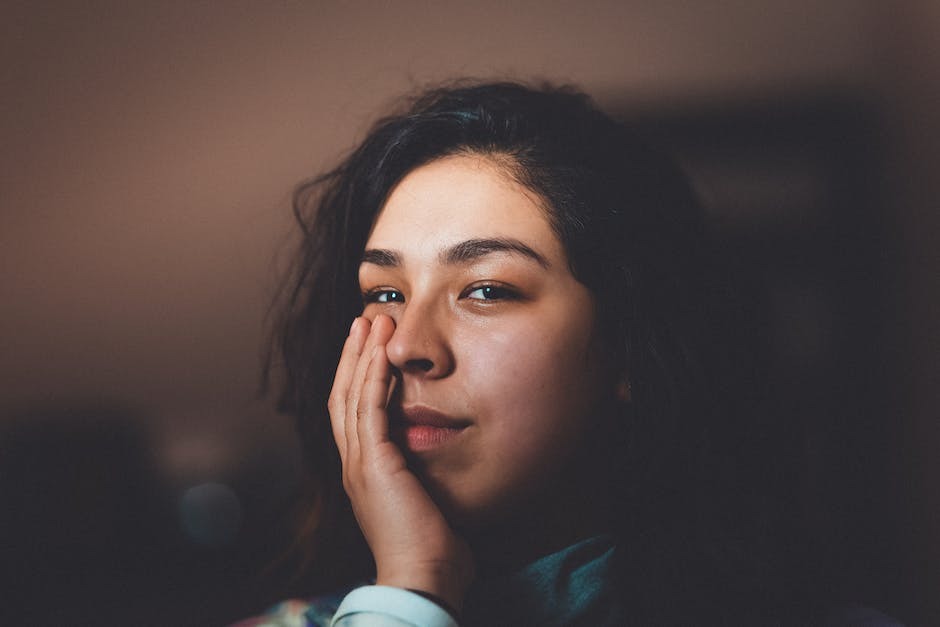
For many people who have finished residential treatment for addiction and its co-occurring mental health disorders, the next step is a partial hospitalization program (PHP). There are two other treatment programs that one usually takes after PHP, which are an intensive outpatient program (IOP) and an outpatient program (OP). These two programs are less intensive than a partial hospitalization program, but they allow clients to participate in society while still undergoing treatment.
It can be frightening to an average person to consider undergoing treatment for substance use disorder (SUD), addiction, and its co-occurring mental health disorders. There is a lot of myth and stigma around treatment. These are harmful and discourage people from seeking the help they need. It's important to remember that treatment programs are designed to not just treat a problem: They are designed to uplift their clients as well.
Mental health care facilities like Pathways Wellness Center care deeply about their clients. This not only includes helping them recover but also encouraging them to find the strength that existed in themselves all along. Such inner strength is the driving force behind recovery.
All premier mental health care facilities have a goal to provide compassionate and quality care by offering clients the ability to heal safely. One such way is through the use of a partial hospitalization program.
Clients who participate in a partial hospitalization program can expect to visit a mental health care facility between four to five days a week and then have a few days of rest. Usually, these treatment days take place during normal business hours during the weekday. Sometimes treatment can take place on the weekend when needed. Everyone needs time to rest, so clients can expect some days to decompress after treatment.
Treatment typically lasts between four to five hours a day. The exact time depends greatly on the individual client and their needs. There are breaks for meals and rest in between, so nobody is expected to spend a solid five hours in treatment. Individual treatment sessions can last anywhere from an hour to two hours. Again, this depends on the type of therapy or treatment being given.
The types of treatment offered in a partial hospitalization program vary and depend on the individual. Usually, clients can expect to participate in individual therapy, medication management, and skill training. Clients may also participate in group therapy and family therapy, as well as peer support groups. For those struggling with a chemical addiction, detox treatment might still be needed and is supervised by trained healthcare professionals.
Clients don't spend all day in a mental healthcare facility. Instead, they can go home once treatment is finished for the day. There, they can participate in normal societal activities, such as spending time with family and friends and working. This is an important part of treatment, as it helps someone integrate back into society while being supported at the same time.
The people most suited for a partial hospitalization program are those that need a high level of care. This need is the result of a severe mental health disorder or addiction that requires more intense treatment. Many people in a PHP have completed a residential treatment program but still have a high risk of relapse or require further supervised detox.
Sometimes, someone still struggles with cravings and withdrawal symptoms and needs help managing those. Those who have experienced an overdose also benefit greatly from a partial hospitalization program, as they employ specialized treatment providers trained to meet the needs of their clients. Clients can expect safety by not only having specialized providers to aid them but also because they can expect not to be judged or stigmatized for their struggles.
A person is not a prisoner in a partial hospitalization program. They have the same rights as anyone else, and they cannot be held against their will. The only times a person is ever held against their will in a mental health care facility is when someone is a direct danger to themselves or other people. Even so, such holds are rare and require a direct recommendation from a mental healthcare professional.
A partial hospitalization program can be helpful to many people, including yourself and loved ones. If you feel as though you can benefit from such a program, it's important to reach out. You can start your search by contacting your local mental health care facility. Facilities such as Pathways Wellness Center offer a partial hospitalization program as well as other treatment options. However, not all mental health care facilities have the specialization to offer intensive treatment programs like a partial hospitalization program, so it's important to ask if they do offer them.
It can take participating in several different programs for someone to fully recover from addiction and its co-occurring mental health disorders. One such program is known as a partial hospitalization program (PHP), which is typically the next step once residential treatment is completed. Here at Pathways Wellness Center in Glendora, California, we offer several treatment programs, including PHP, for our clients. Clients entering these programs can expect respect, compassion, and high-quality care. Being in a PHP means participating in a community with extra support to help you along the way, which increases your chance of staying in recovery. If you or someone you love is struggling, don't wait. Call us today at (888) 771-0966.


